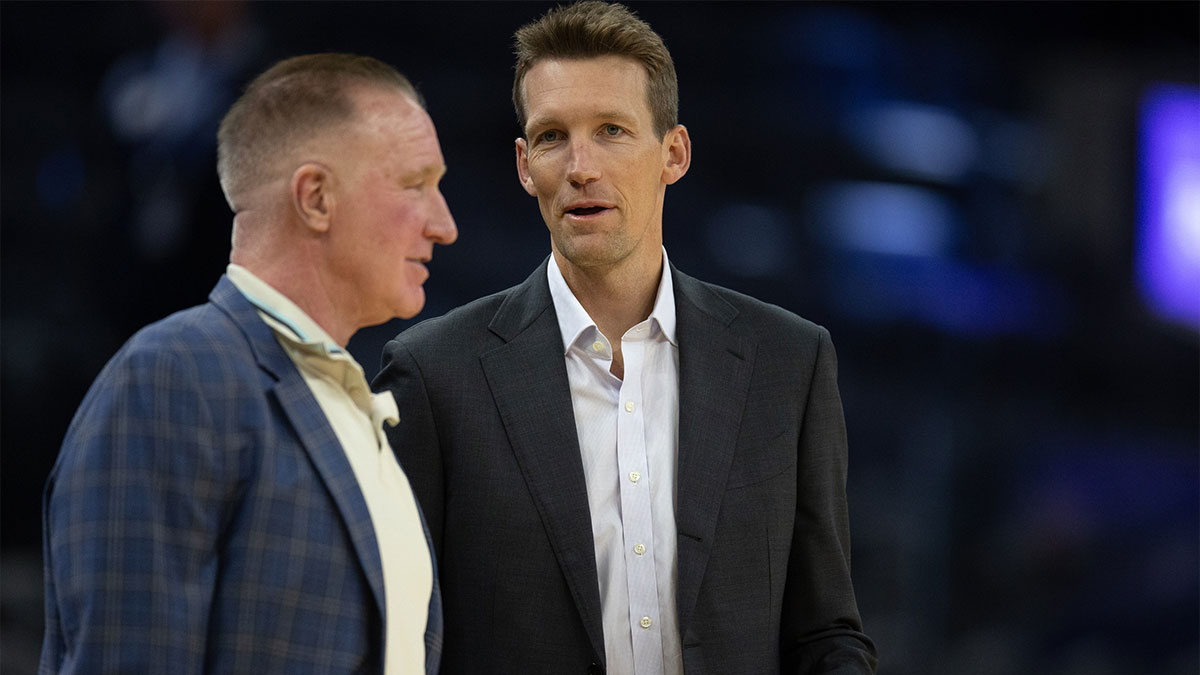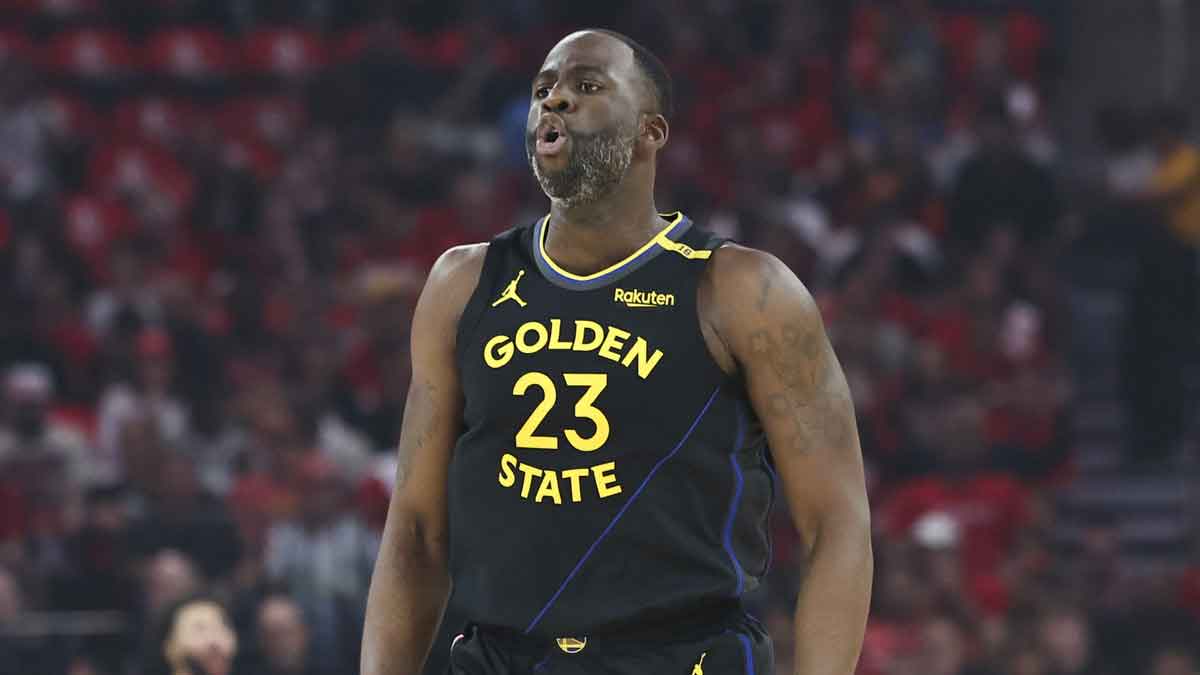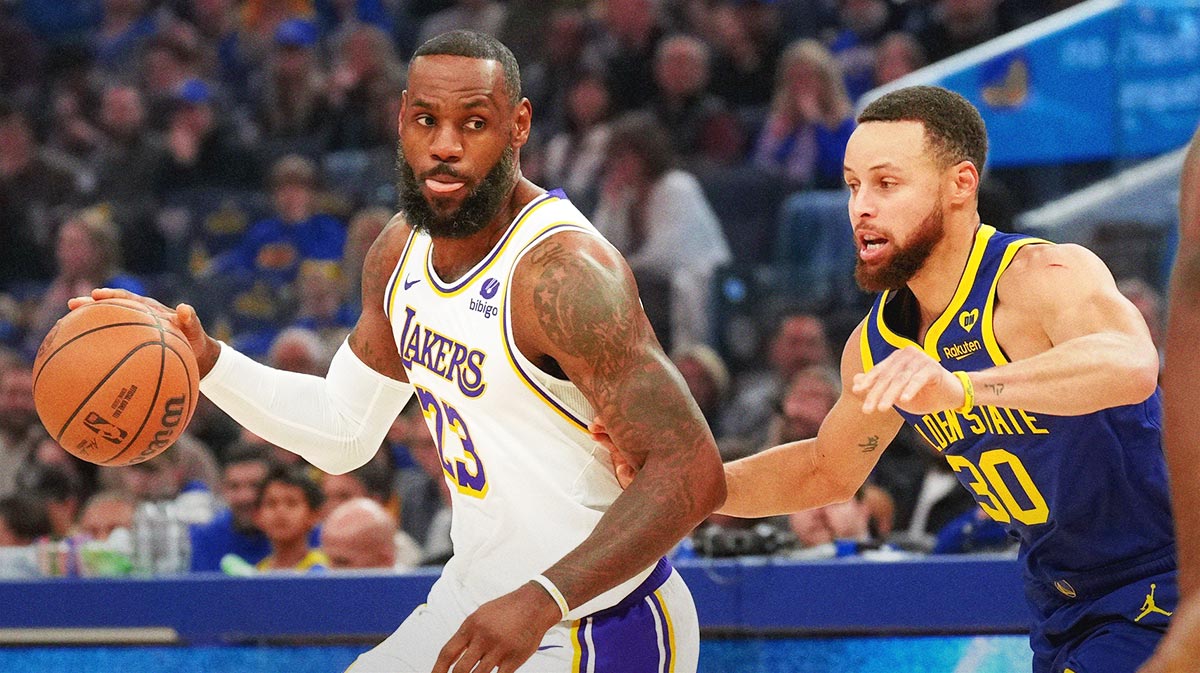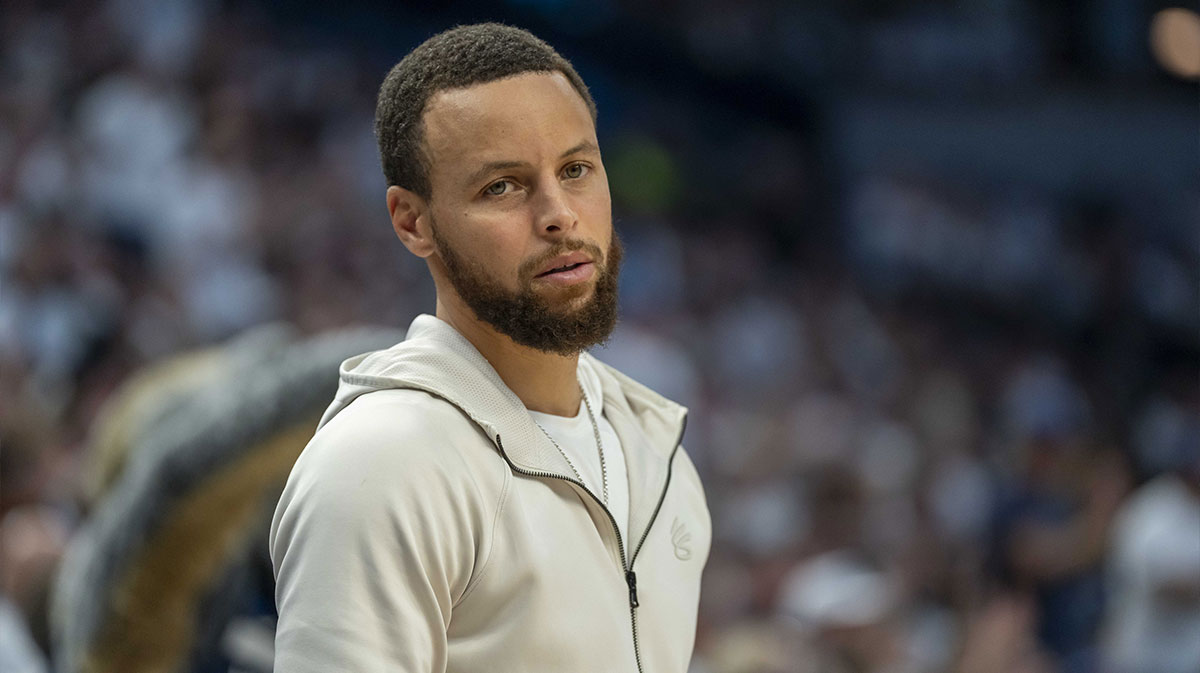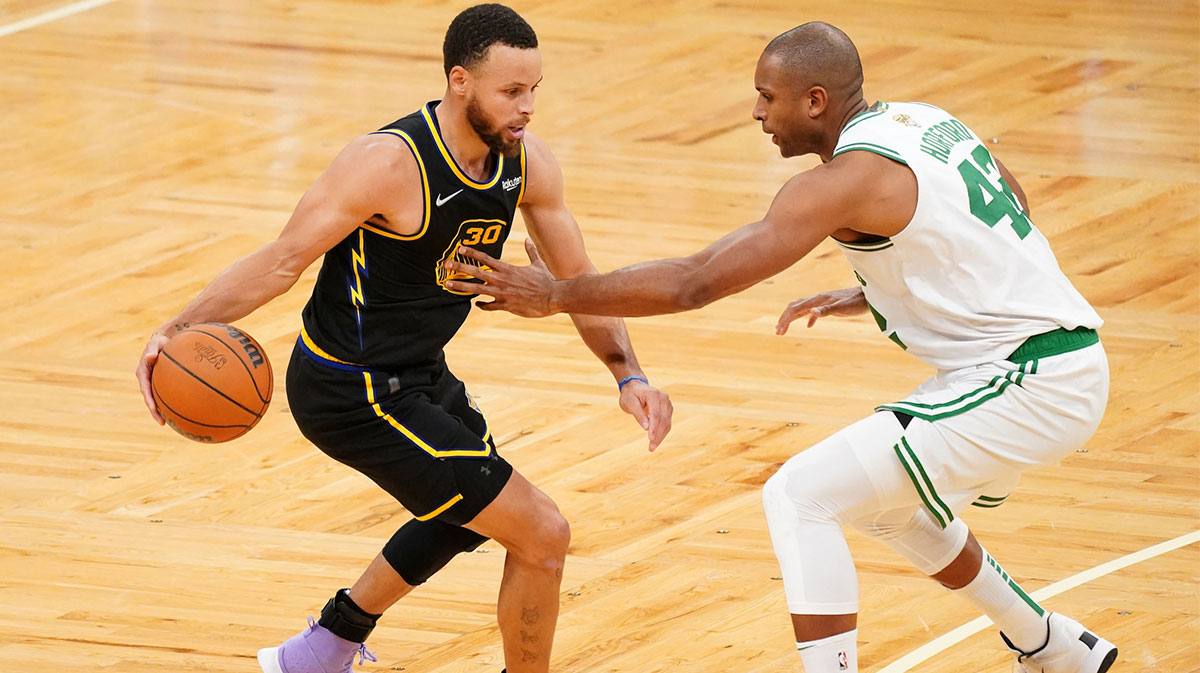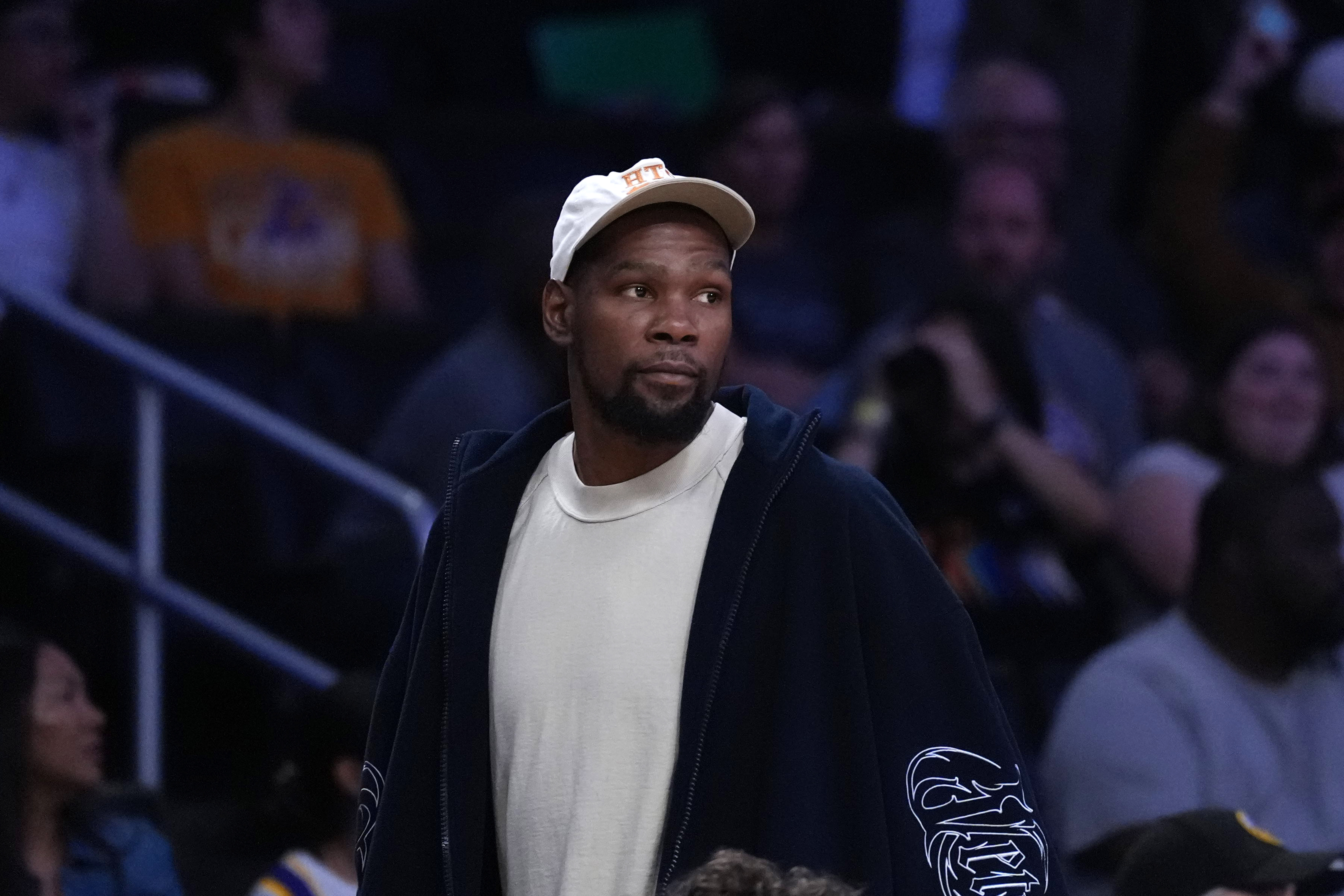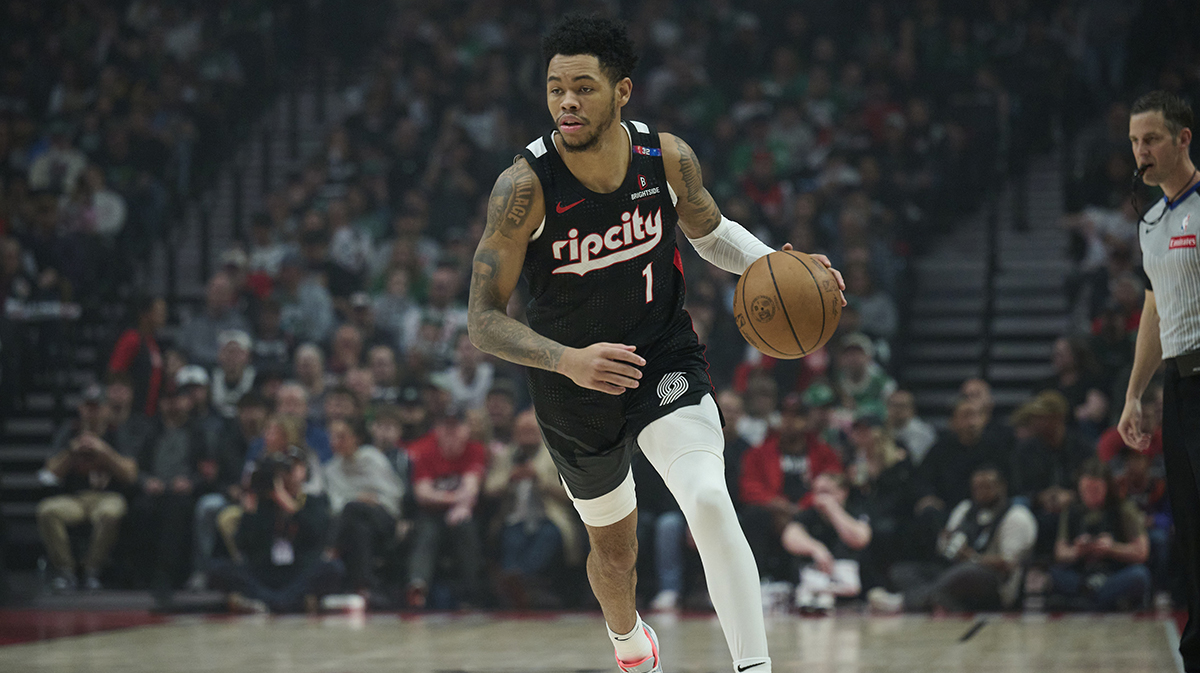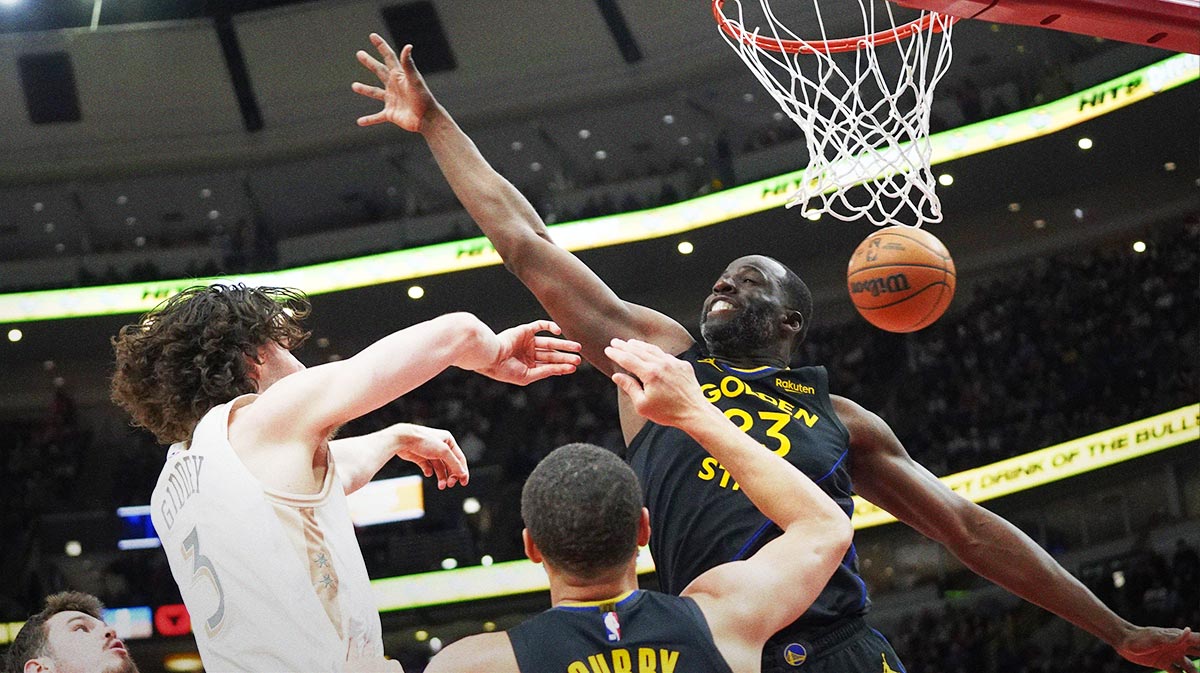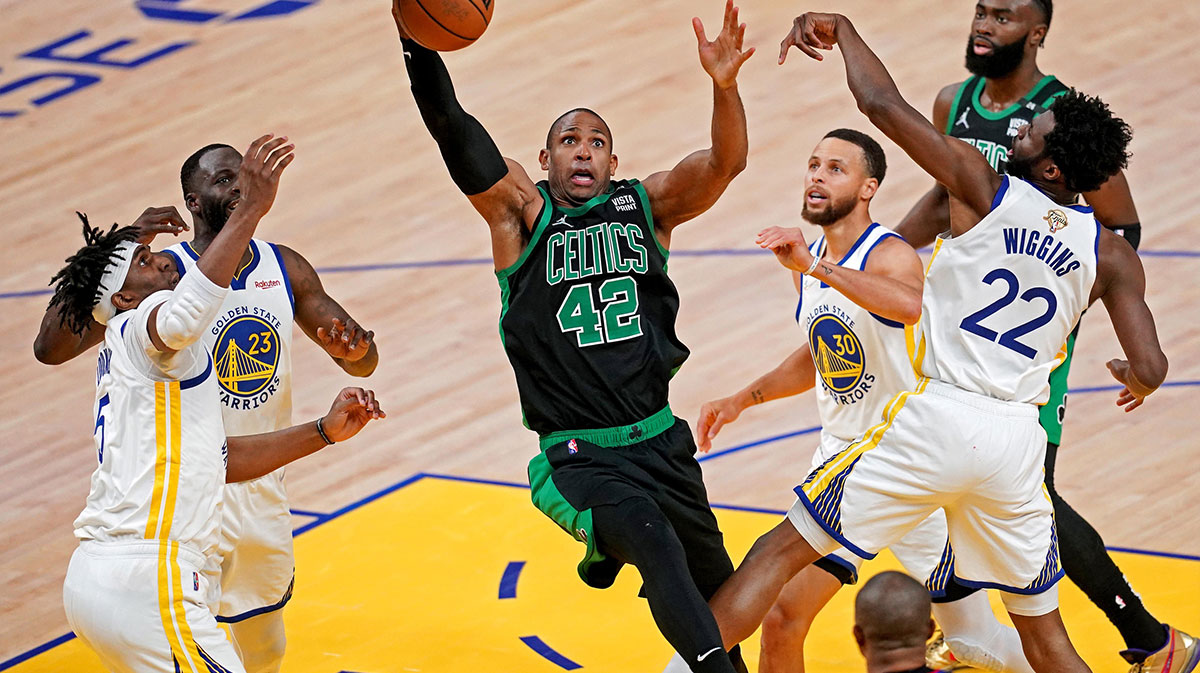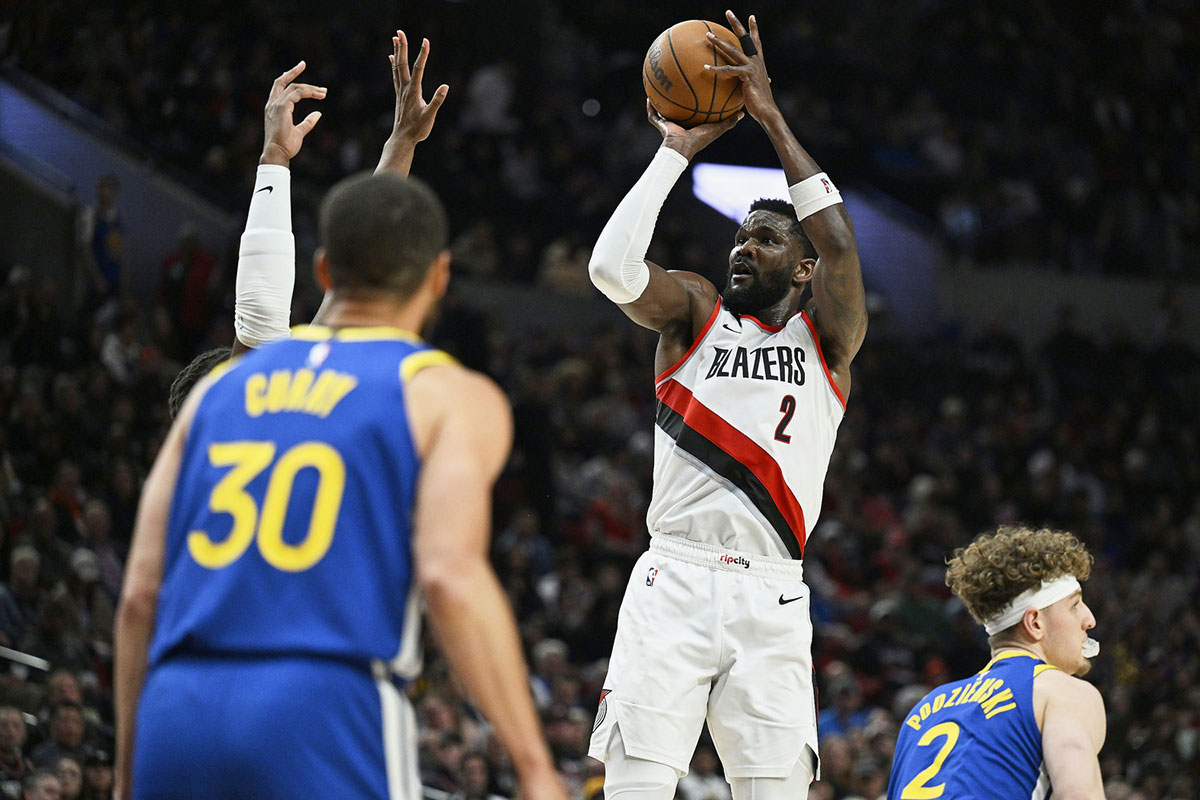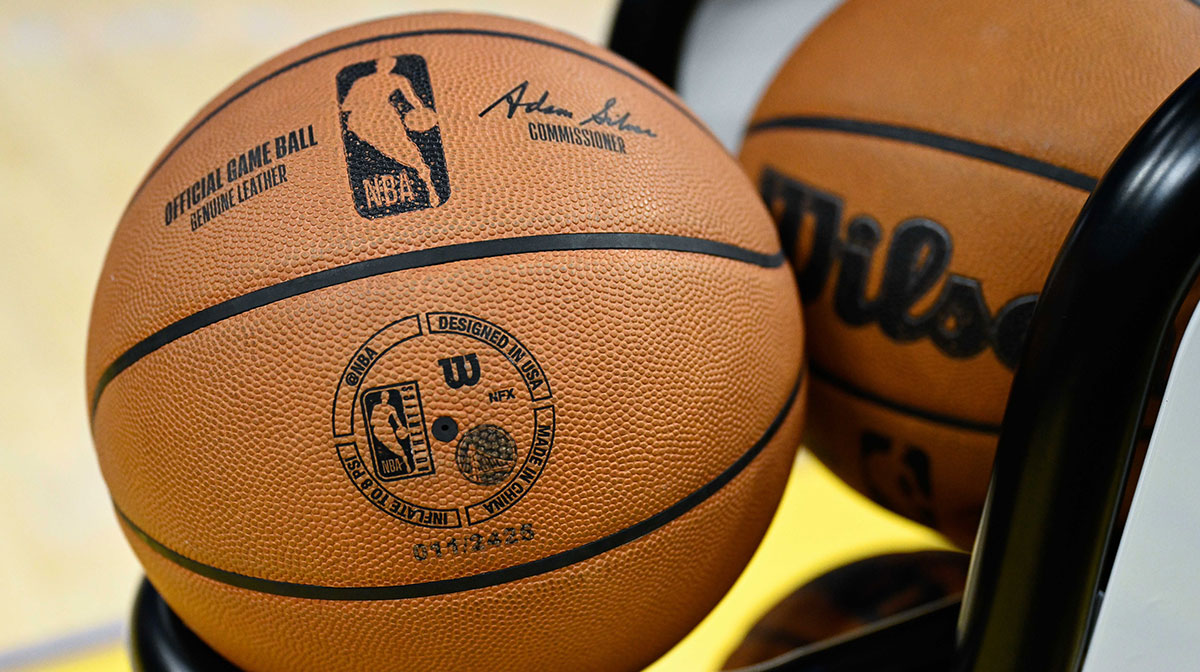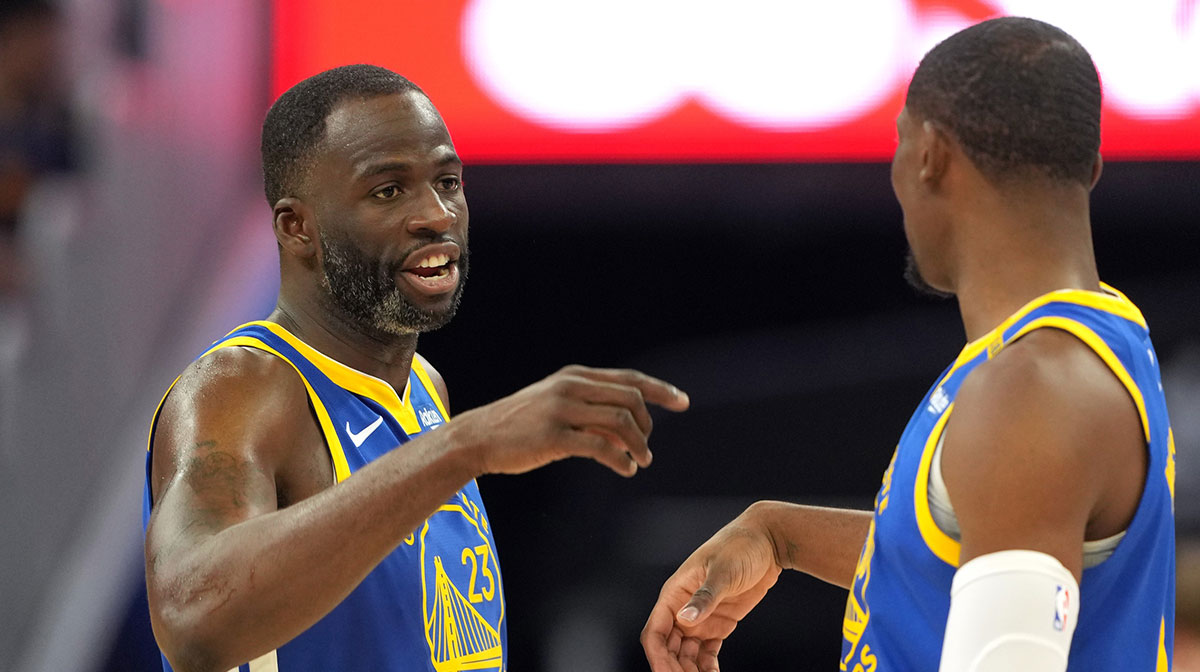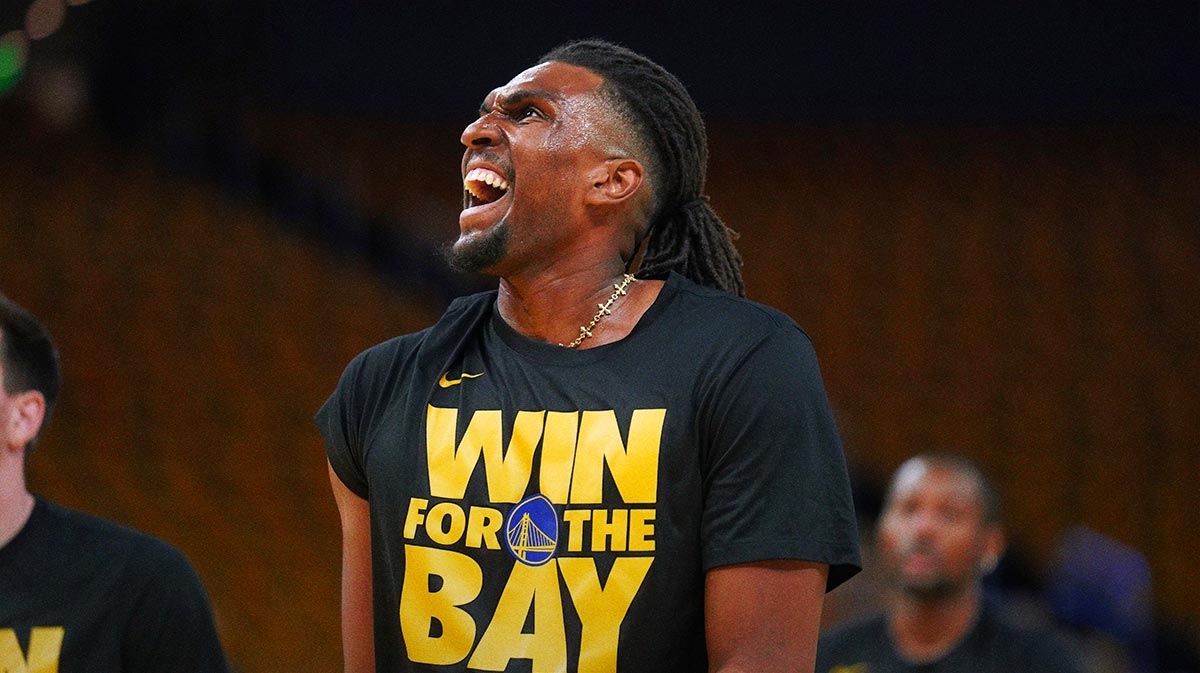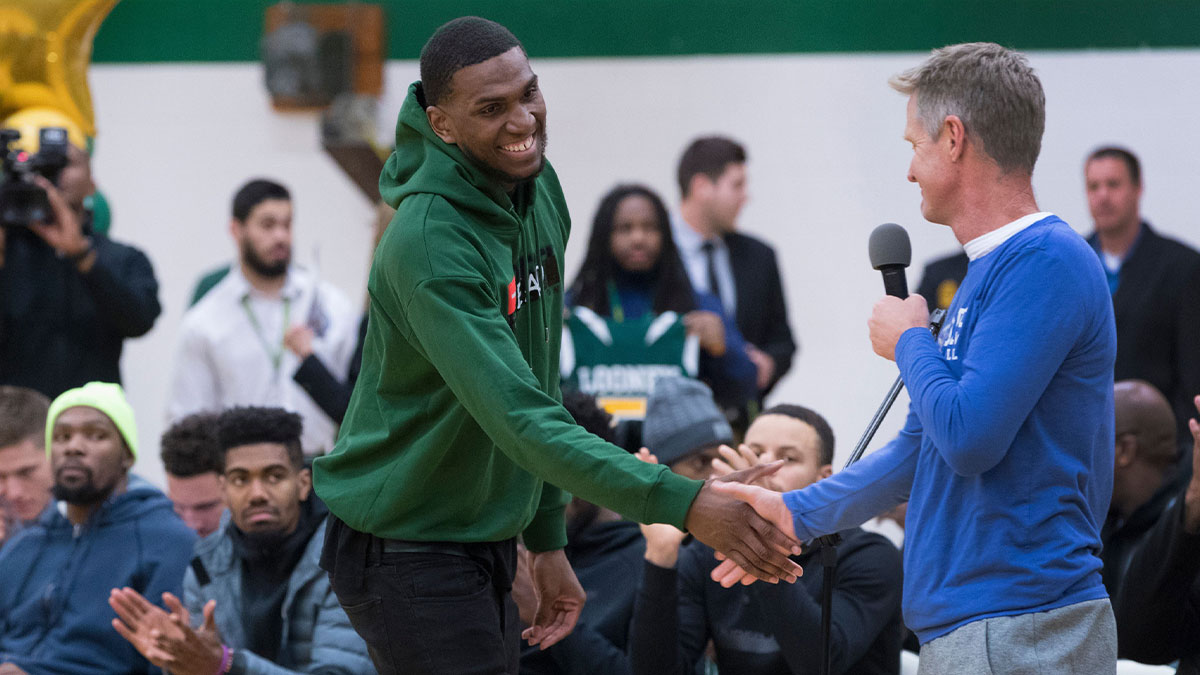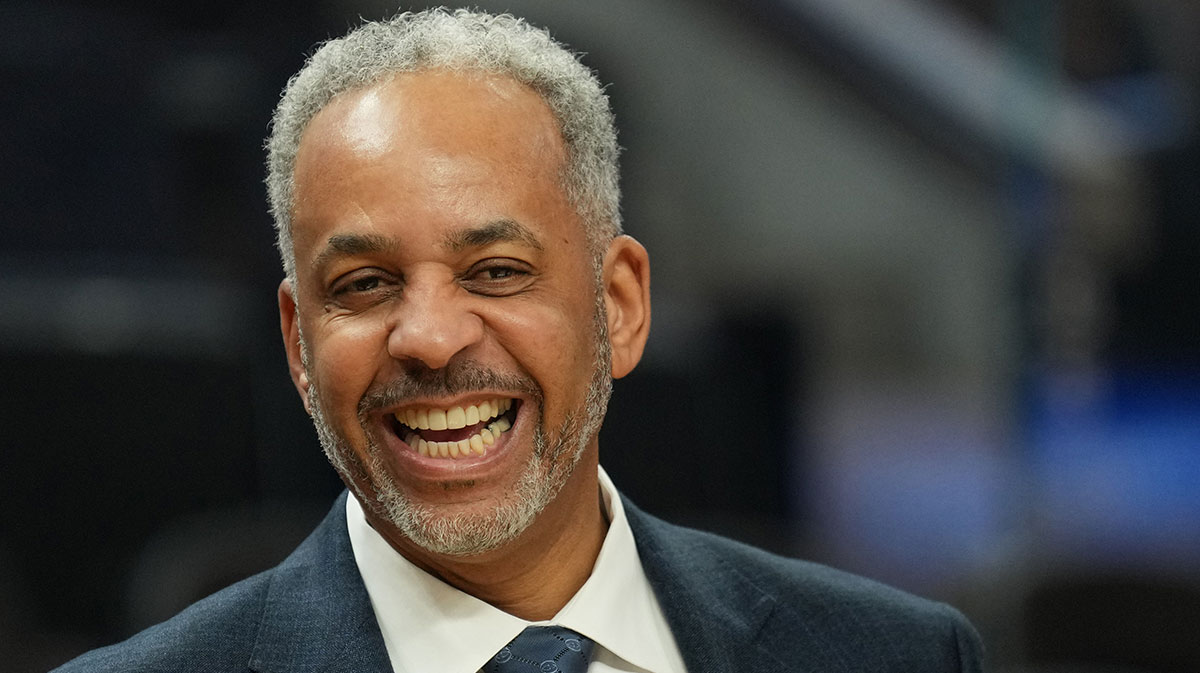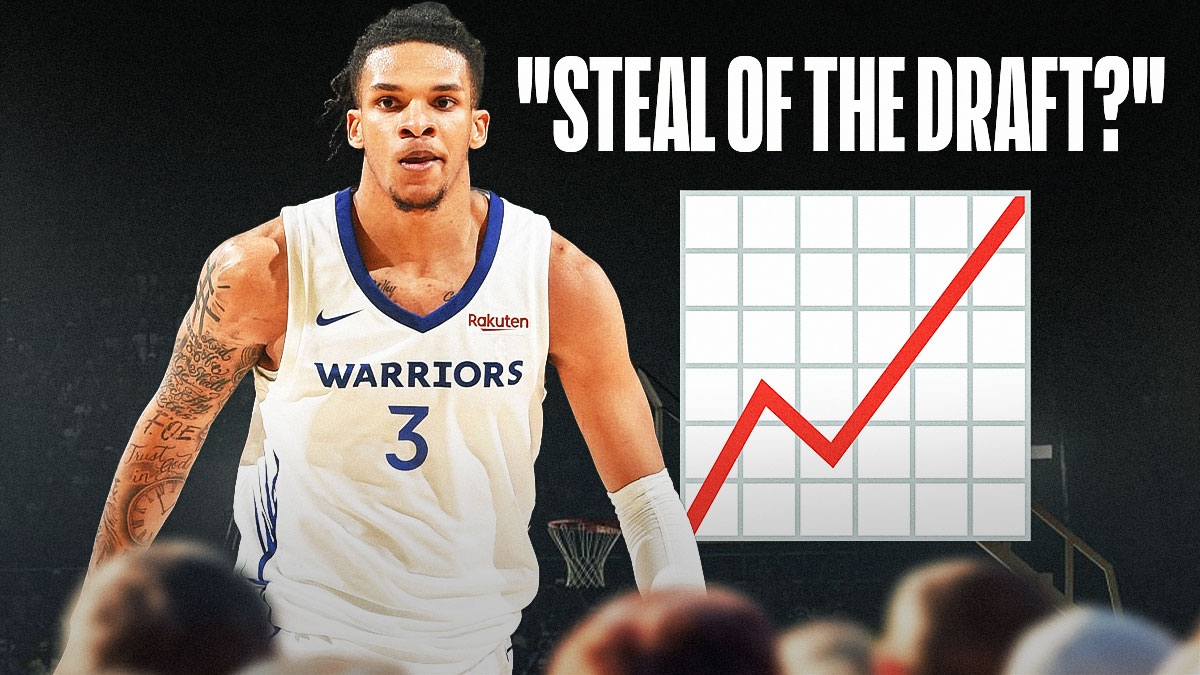The arrival of DeMarcus Cousins has caused joy in the faces of Golden State Warriors fans and an all-around panic for every other team in the NBA. Boogie; as most people have come to know him, can be the propelling force for this team trying to accomplish a threepeat for the first time since the 2000-02 Los Angeles Lakers, or the stick of dynamite that can detonate at any moment and make a Big Bang of this supergiant, leaving nothing but stardust in its wake.
So how do we determine Cousins' value to this roster? A great question.
Cousins brings plenty of attributes with him, and many potential downfalls as well, making walking a fine line the ultimate objective coming into this 2018-19 season.
Boogie brings an All-Star-caliber repertoire to the Bay Area, but contrary to popular belief, he will need to take a step back from his very best to help this team to a championship, as an All-Star-like Cousins could turn the Warriors' feast into famine.

Here are five potential ways that one of the NBA's best centers can make or break this team.
Boogie the outside shooter:
Cousins started expanding his repertoire in 2015-16, finally venturing outside of the post and the mid-range jumpers, making 70 of his 210 attempts (33 percent) from deep. He shot a respectable 36.1 percent in 2016-17 and 35.4 percent last season through 48 games before his season-ending Achilles injury — making him a stable, but mediocre 3-point shooter by today's standards.
Earlier this offseason, Cousins was spotted shooting (and making) a plethora of 3-pointers — but making him a volume shooter from distance can spell plenty of headaches.
Boogie called himself the 3rd Splash Brother for a reason 👀
(via convo_ent/Instagram) pic.twitter.com/v7JO87fwXC
— Bleacher Report (@BleacherReport) August 20, 2018
The Alabama native gives the Warriors another 3-point shooting option, one which they did not have with the likes of Zaza Pachulia, JaVale McGee, or Kevon Looney.
While this can be viewed as a positive thing, it's tough to green-light Cousins for shot attempts beyond the arc and not do so for Green, even if he's been a declining 3-point shooter since his career-best 2015-16 season, when he shot 38.8 percent.
Golden State will want the majority of attempts coming from the holy trinity of Stephen Curry, Klay Thompson, and Kevin Durant — all of who shot 40 percent and above from long-range last season.
Cousins attempted a career-high 6.1 3-point attempts per night last season — surely a place in which he will need to dial back severely, even if his versatility is appreciated.

Assistance, please: Passing out of double-teams:
Big Cuz registered a career-high 5.4 assists per game last season, but they came with another career-high in turnovers at 5.0 per game. He will command double-teams due to his physicality and ability to dominate on the block, but his passes will need to be pinpoint accurate and timely to truly help the Warriors dominate games.
Cousins benefitted from a frontcourt partnership with Anthony Davis, who was more than willing to take the available mid-range jump shot, where the majority of his assists came from — but he also forgot about other available options, despite their prowess from deep.
Darius Miller is shooting 43.6% from three. DeMarcus Cousins did not pass him the ball and got stripped instead. pic.twitter.com/k4jHZxCADL
— Justin Jett (@JustinJett_) January 11, 2018
This has cost the Pelicans games in the past, and it's a habit he will quickly have to shake with so much talent surrounding him.
Even the likes of Quinn Cook (44.2 percent) and new addition Jonas Jerebko (41.4 percent) can absolutely dismantle teams from the outside if given the opportunity. It will be up to Cousins to make that happen.
Iso Boogie — The risk and reward:
Cousins is a well-rounded big man, capable of posting up, squaring up and shooting, as well as snaring offensive rebounds, turning most of them into points one way or another, yet his assist-to-turnover rate is alarming with nearly a 1:1 with 5.4 assists and 5.0 turnovers per game.
The tendency of lowering his shoulder to plow through opponents has proved the reason of many calls going against him, as has his overly-aggressive style of post-up play, which could play to his favor or his demise.

The 6-foot-11, 270-pound big man has all the tools to dominate in the league, but it is because of that big frame and the force with which he plays that so many calls go against him, resulting in turnovers.
Cousins will have to pick his spots, acting more as a play finisher than an initiator, making the most of the talent around him.
This perhaps will prove the single-most challenging adjustment to make in his game, as he is no longer the focal point of an offense, but one of many with this All-Star studded roster.
Is this a good problem to have? Sure — but only if Steve Kerr can solve it and Cousins is willing to listen. Everything is subjective and this issue is no exception.
Rebounding, shot-blocking and leading the break:

Cousins has been a monster rebounder during his entire career, and while adding a proven glass-cleaner coming off a career-high 12.9 rebounds per game won't hurt the defending champions, it's what comes after that could.
Boogie has been refining his game to become more versatile every offseason, and that has come with some growing pains through the process.
His tendency to pull down a rebound and start the break himself or handle the ball from end-to-end has gotten him in trouble before, usually bringing the ball up the court after a rebound unless his former point guard, Rajon Rondo, demanded it.
Some of these have resulted in some incredible woes, including this gem straight from Madison Square Garden. Cousins brings the ball up the court and throws a lazy bounce pass to frontcourt partner Anthony Davis, who slips past Kristaps Porzingis, who winds up with the ball. The result? A four-second two-on-one fast break that sees zero-on-zero crime, as Enes Kanter dunks all over Cousins' head.
WHAT JUST HAPPENED pic.twitter.com/D9EKAih32M
— James Herbert (@outsidethenba) January 14, 2018
The Warriors boast plenty of gifted playmakers in Curry, Durant, and Green — making his ball-handling ability rather unnecessary with such a potent offensive lineup on the floor.
Temper, temper:
This is perhaps the single-most worry for those familiar with Boogie's game — his temper is his very own worst enemy.
The Warriors already have a loose cannon of their own with Green, who has come a technical foul shy of a suspension in the past two seasons since a Game 5 suspension in the 2016 NBA Finals ruined what could have been the perfect ending to a magical 73-9 regular season run.
Cousins won't be in danger of suspension because he is bound to return in late December to January after sustaining his Achilles injury, but how he channels his anger will play a large part in how far this Golden State team can go in the postseason.
Teams often ride momentum waves throughout a game and having a center that can get into his own head due to fouls called can disrupt the chemistry of his teammates, even if they're all proven All-Stars in their own right.
Small acts of retaliation against players and officials has been the one asterisk in Cousins' otherwise brilliant NBA career, as evidenced by this scuffle with Durant during last season.
https://www.youtube.com/watch?v=ymeXpbmmjNo
Channeling these outbursts into a more positive build-up can be the difference of whether the Warriors take control of a game or let one slide — a problem that can be quite costly coming into a postseason where focus will be the one element of utmost importance.
Why all of this matters:
The Warriors don't need every bit of the 25.2 points, 12.9 rebounds, 5.4 assists, 1.6 steals, and 1.6 blocks per game that Cousins averaged last season, but rather a controlled amount of it — making use of his flashes of brilliance, but without the outright dominance.
Cousins has been in the top-four in usage rate in each of the last five seasons, including leading the NBA in 2015-16. His biggest adjustment will be going from being the center of attention to an opportune play-finisher in most plays — one that will ultimately decide the fate of the Warriors as feast or famine.

